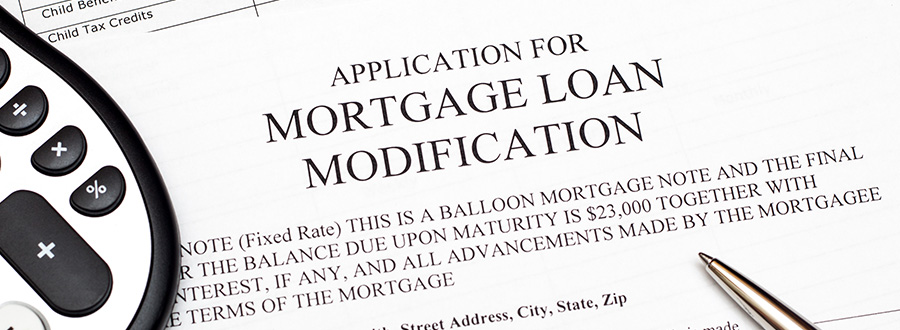Key Points
- A loan modification changes the terms of your original loan without requiring you to refinance.
- You must qualify for a loan modification.
- The CARES Act offers provisions that limit damage to your credit report if you choose to modify your mortgage loan.

COVID-19 caused a massive wave of layoffs in March and April 2020 and continues to impact businesses over a year later. Layoffs typically lead to loan delinquencies, defaults, and charge-offs. To address this concern, Congress included provisions in the CARES Act allowing most borrowers to get a forbearance of up to 12 months when impacted by COVID-19. The president later extended the payment relief to 18 months, through June 30, 2021, under certain circumstances.
A forbearance, however, does not alleviate the need to repay the debt. It only delays payments, which come due when the forbearance ends. Qualified borrowers can choose from a lump sum payment, a repayment plan spreading the delinquent balance over 12 months, a deferral, which puts the balance at the end of the loan as a balloon payment, or a loan modification.
Before choosing a loan modification, here is what you need to know:
What is a Loan Modification?
A loan modification helps consumers facing financial hardship. You must be unable to meet your current obligation but earn enough to make a lower payment. A process makes significant changes to the existing loan without requiring you to refinance the debt. There are no closing costs associated with a modification, but you must qualify through your current lender.
Lenders offer different programs and have various requirements and policies when reviewing and approving a loan modification. You must apply and qualify for the new loan terms. In most cases, the lender will conditionally approve the application and require you to successfully complete a trial period of three or more months before the changes become permanent.
If your lender denies the request, you can appeal the decision. You might also qualify under a program offered by Fannie Mae or Freddie Mac.
The goal of a modification is to keep you in the home. The lender wins because they do not incur the expensive cost of foreclosure, and you win because you can remain in the home under new loan terms you are better able to meet.
How Does a Loan Modification Help?
A loan modification can do one or more of the following:
- Lower your current interest rate.
- Extend your repayment to up to 40 years.
- Convert an adjustable-rate to a fixed rate.
- Reduce the principal balance owed.
Who Qualifies for a Mortgage Modification?
To qualify for a modification, you must have missed at least one payment or know that missing a payment is imminent. Events such as a divorce, lost job, disability, or illness could create the need for a loan modification.
You must be unable to make the current payment but be in a position to resume payments at the lower amount offered due to the modification.
How Does a Loan Modification Affect Your Credit?
Under normal circumstances, a loan modification hurts your credit, but not as much as a foreclosure would. The lender or loan servicer will make a notation on the credit file that you repaid the debt under adjusted terms. The creditor could also write off lost interest, reduced principal, or other amounts due to a change in terms. When this happens, the creditor can place a “settled for less than the full balance” notation on the account.
However, the CARES Act specifically addresses credit reporting and requires lenders to report the account as current without any notation. Borrowers affected by COVID-19 could receive a loan modification without the traditional adverse effects on your credit score.
